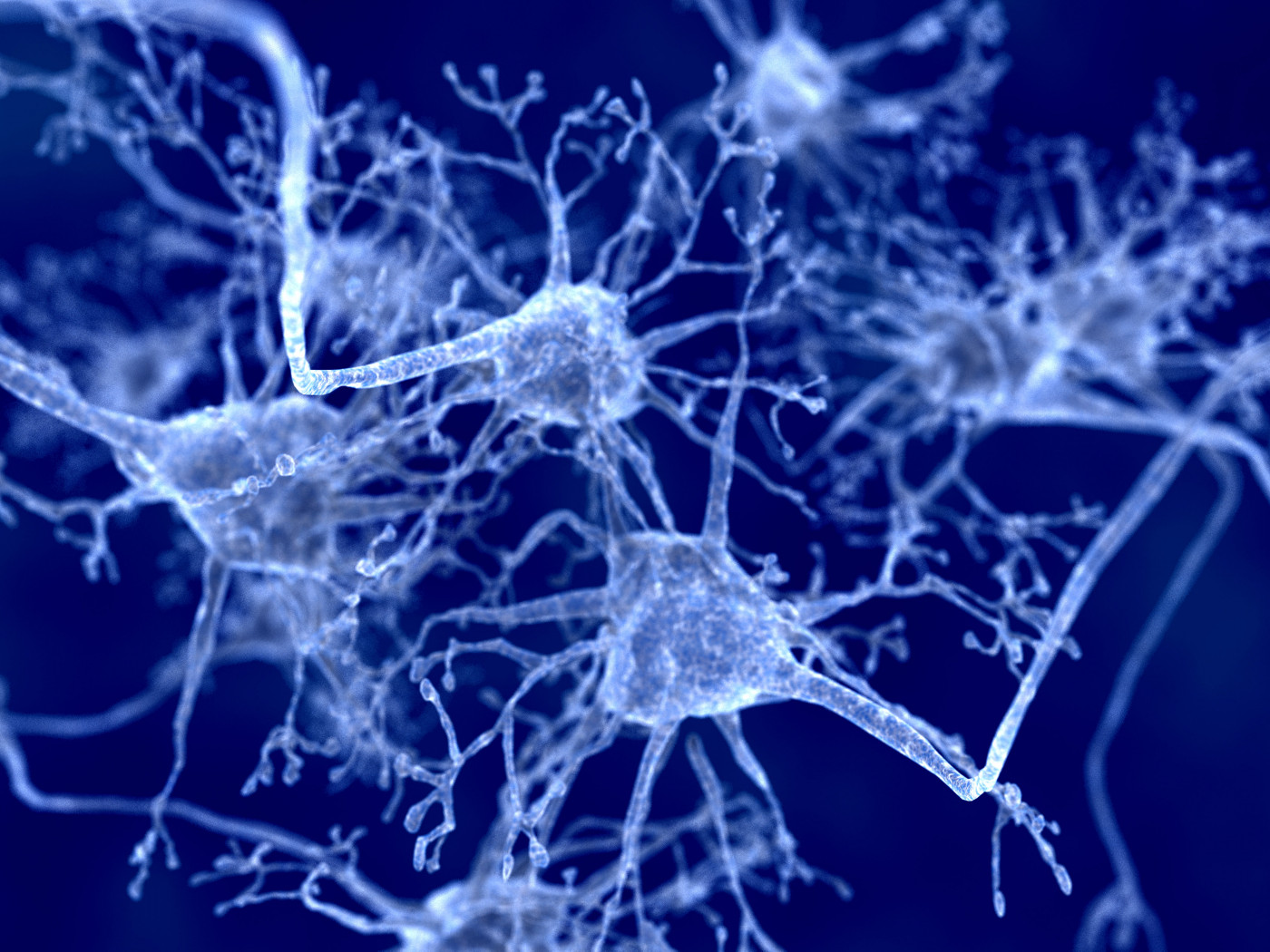UT Doctoral Student Wins NIH Fellowship to Study MS Cognitive Changes

A $41,000 fellowship from the National Institutes of Health (NIH) aims to advance research into how changes in brain connectivity are related to the cognitive deficits seen in people with multiple sclerosis (MS).
The Ruth L. Kirschstein National Research Service Award Individual Predoctoral Fellowship was granted to Mark Zuppichini, a third-year PhD student in the cognition and neuroscience program in the School of Behavioral and Brain Sciences at the University of Texas at Dallas.
The two-year grant will allow Zuppichini mentored research training, supporting his dissertation work and advancing his path to becoming an independent researcher in the field of cognitive neuroscience.
“We need to better understand the mechanisms by which MS impairs cognitive function to be able to help people,” Zuppichini said in a university press release.
Zuppichini took an interest in memory research early in his career. While finishing his master’s at Montclair State University in New Jersey, he began studying working memory in healthy subjects and in people with MS.
Later, as part of his doctoral research, he started studying how changes in the connection and communication between nerve cells explained the cognitive weaknesses that burden MS patients.
While MS is mostly known for its physical symptoms, more than half of all patients develop problems with cognition, which can include trouble learning and processing information, memory problems, difficulty in finding the right words, and attention deficits.
Zuppichini’s goal is to better understand the mechanisms underlying cognitive decline in patients, and to underpin potential targets for rehabilitation.
“MS can be genuinely challenging — its onset typically occurs in the prime of one’s life,” Zuppichini said. “It affects mobility, cognition, quality of life, and is highly correlated with vocational ability — the ability to work. And to date, there aren’t many effective rehabilitation techniques for cognitive impairment.”
“If I can help even in an incremental way to get us closer to understanding how memory dysfunction occurs in MS, then I’m super interested in doing so,” he added.
As part of his doctoral research, Zuppichini will use functional magnetic resonance imaging (MRI) techniques to measure the activity of nerve and glial cells — the supporting cells of the central nervous system, which play a significant role in MS — as well as the structure and function of blood vessels in the brain.
This will be done while patients complete a number of cognitive tasks, allowing Zuppichini and colleagues to investigate changes in nerve cell connectivity that are not present in healthy people.
“We know that multiple sclerosis degrades the white matter that mediates function and communication between nerve cells and blood vessels,” Zuppichini said. “We think this degradation impedes neurons from firing persistently, which is critical for executing working-memory tasks.”
The NIH fellowship will provide Zuppichini the expertise he needs to continue using advanced imaging technologies to study the brains of MS patients. Ultimately, this expertise will help advance his goal of becoming an independent research scientist in cognitive neuroscience.
“In my lab, Mark is learning traditional functional neuroimaging methods as well as the novel dual-echo fMRI methods that we are developing in the context of investigating MS-related changes in neural-vascular coupling,” said Bart Rypma, PhD, the Meadows Foundation Chair in Behavioral and Brain Sciences and professor of cognitive neuroscience and cognitive psychology at UT Dallas.
“We have tailored a training program that will permit him to cultivate expertise in the most advanced neuroimaging methods used to explore human cognitive neuroscience in healthy and diseased populations,” Rypma added.






